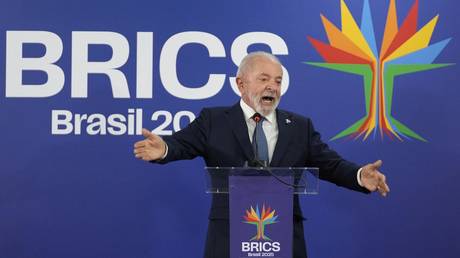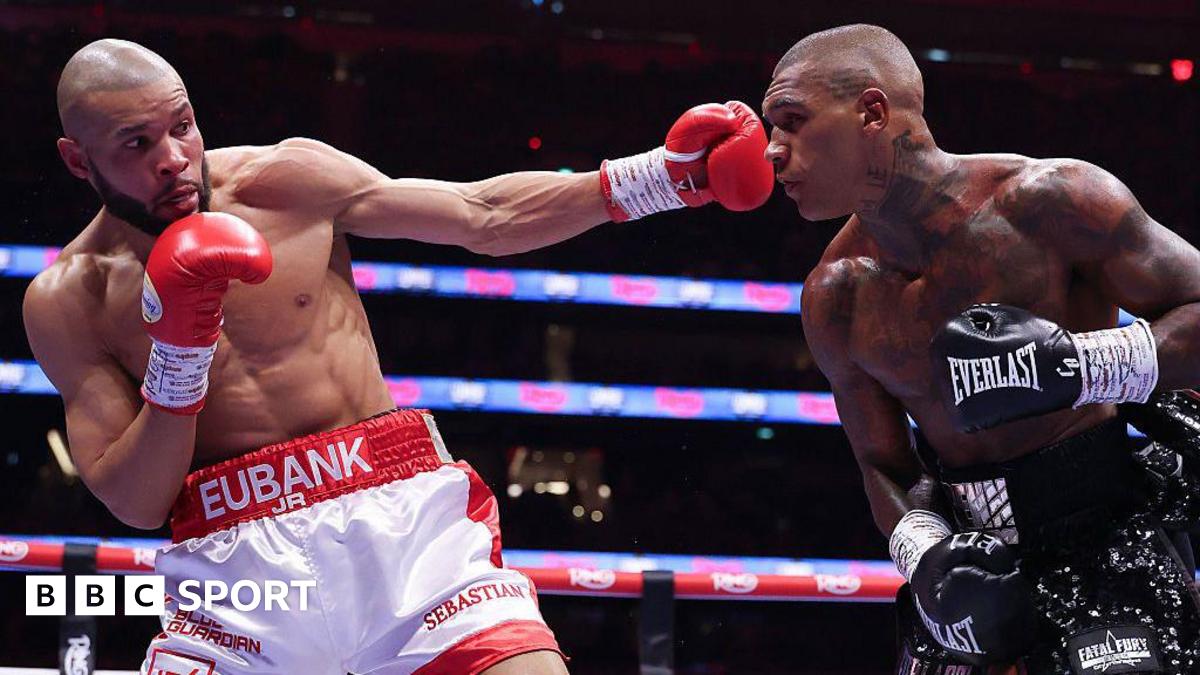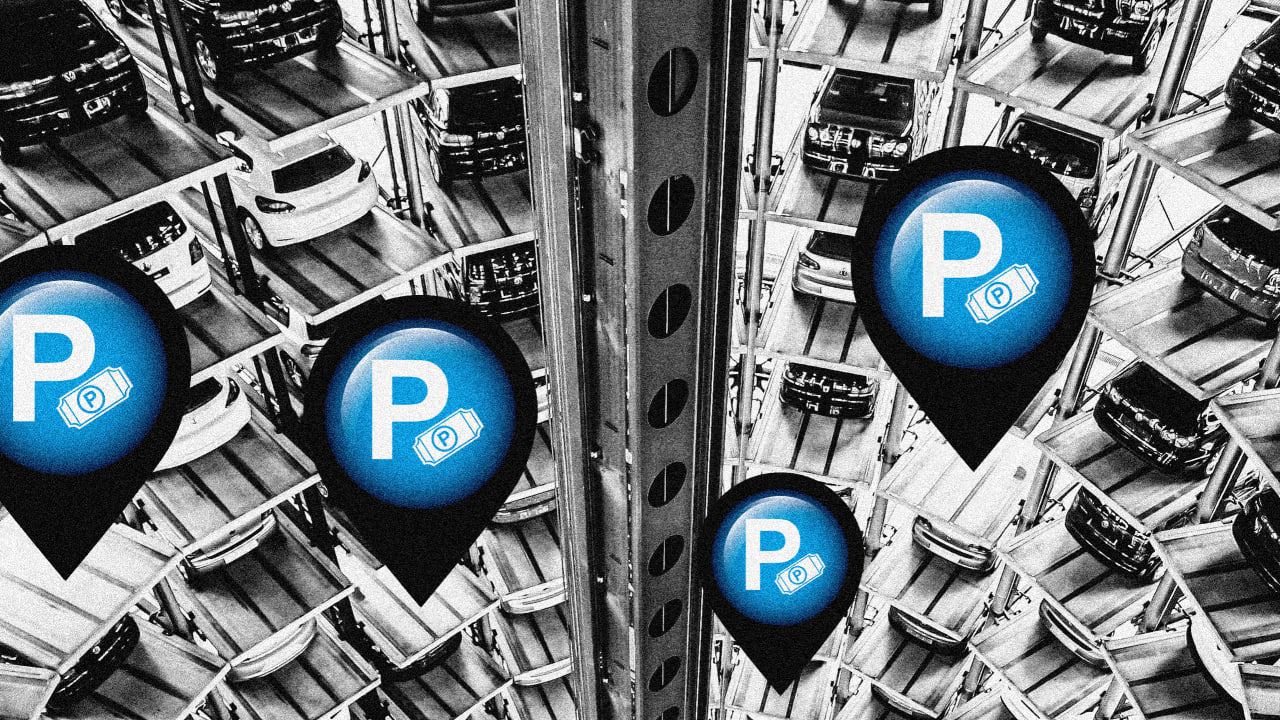Creative Social Media Ideas for Small Business Success

Key Takeaways

- Leverage Multiple Platforms: Choose platforms like Facebook, Instagram, and Twitter strategically to connect with your audience, as each offers unique advantages for small businesses.
- Create a Content Strategy: Develop a consistent social media strategy that defines your brand voice and includes engaging content such as stories, contests, and user-generated content.
- Incorporate Visual Content: Utilize high-quality images and videos, especially on visual platforms like Instagram, to enhance engagement and showcase your brand effectively.
- Engage Your Community: Foster relationships by responding to comments, sharing behind-the-scenes content, and conducting contests or giveaways to strengthen community interaction.
- Monitor and Adapt: Use analytics tools to track engagement metrics and refine your strategy based on audience behavior, ensuring continuous improvement and growth in your social media presence.
- Focus on User-Generated Content: Encourage followers to share their experiences, which builds trust and enhances brand visibility while creating a sense of community around your business.
In today’s digital age, social media isn’t just a trend; it’s a powerful tool for small businesses looking to grow and connect with their audience. With billions of users scrolling through their feeds daily, your business has a unique opportunity to engage potential customers in meaningful ways. But how do you stand out in a crowded marketplace?
You don’t need a massive budget or a marketing team to make an impact. By leveraging creative and authentic social media ideas, you can elevate your brand’s presence and foster lasting relationships with your community. Whether you’re just starting out or looking to refresh your strategy, these ideas will help you tap into the full potential of social media and drive your business forward.
Understanding Social Media for Small Business

Social media serves as a vital channel for small business social media marketing. You can engage with your audience directly on platforms like Facebook, Instagram, Twitter, LinkedIn, and TikTok for business. Each platform offers unique advantages; Facebook groups foster community management, while Instagram stories deliver real-time engagement opportunities.
Creating a solid social media strategy involves defining your brand voice and ensuring brand consistency across channels. You can harness storytelling techniques to share your business journey, helping build a relatable image. Focus on content creation that resonates with your target audience and aligns with social media trends.
Leverage organic reach through user-generated content, encouraging your customers to share experiences related to your products or services. Content sharing not only boosts your brand awareness but also enhances social media engagement. Utilize social media analytics tools to monitor performance metrics and adjust your approach based on insights gathered.
Establish a content calendar to streamline social media posts, ensuring regular and relevant updates. Paid ads on platforms like Facebook and Instagram can complement your strategy; they offer audience targeting features that optimize reach. Engage with social media followers by responding to comments and customer feedback promptly, enhancing interaction and building trust.
Incorporating video content into your marketing mix can significantly improve engagement rates. Simple tutorials, behind-the-scenes glimpses, or product showcases can captivate your audience. Furthermore, explore influencer partnerships to broaden your reach and tap into established communities that align with your business values.
Prioritize social media growth through consistent monitoring and adjustments to your campaigns. Social media ROI can increase as you share relevant content, engage proactively, and adapt to evolving audience preferences. By focusing on these elements, you can create a strong online presence and foster lasting relationships with your customers.
Effective Platforms for Small Business

Utilizing the right social media platforms is vital for small business social media success. Focus on these key platforms to maximize your brand’s online presence.
Facebook Strategies
Facebook serves as the most-used social media platform, boasting over 3 billion monthly active users. Start by creating a dedicated business page, allowing you to engage your audience and showcase your products. Utilize Facebook groups to foster community interaction and encourage customer feedback. Implement paid ads to target specific demographics, enhancing your brand awareness through effective audience targeting. Leverage Facebook Analytics to monitor user engagement, helping you adapt your social media strategy for better results.
Instagram Engagement
Instagram thrives on visual content, making it perfect for small businesses with appealing images and videos. Post high-quality photos and engaging videos to capture interest and strengthen brand consistency. Explore Instagram Stories and Reels to provide a behind-the-scenes look at your business, enhancing customer interaction. Use relevant hashtags to boost organic reach and discoverability. Collaborate with influencers for Instagram marketing campaigns; these partnerships can enhance your visibility and elevate engagement rates.
Twitter Networking
Twitter offers a unique opportunity for real-time engagement with your audience. Use the platform to share updates, respond to customer inquiries, and participate in industry conversations. Establish a consistent brand voice in your tweets to build trust and recognition. Engage with trending hashtags to improve your visibility and join relevant discussions. Consider utilizing promoted tweets for paid social campaigns to reach a broader audience. Monitor Twitter analytics to evaluate your social media strategy’s effectiveness and adapt your approach, ensuring continual growth in your follower base.
Creative Social Media Ideas

Engaging your audience on social media strengthens your small business’s online presence. Implementing innovative strategies can enhance brand awareness and boost community interaction. Here are some effective ideas to consider.
Contests and Giveaways
Hosting a contest or giveaway attracts more followers and increases social media engagement. Encourage participation by asking followers to share a post, tag friends, or submit photos using a specific hashtag. For instance, on Instagram, you can launch a giveaway where users have to follow your account, like your post, and tag three friends to enter. Pairing up with local influencers for co-hosted giveaways expands your reach and introduces your brand to new audiences. This collaboration can significantly enhance organic growth and drive traffic to your page.
User-Generated Content
User-generated content (UGC) showcases customer testimonials and transformation stories. By sharing customer feedback through quote graphics or reposting their content, you build trust and highlight diverse use cases of your product or service. Encourage followers to share their experiences using a designated hashtag, which can increase brand visibility. Regularly featuring UGC not only boosts content creation but also enhances brand consistency and engagement rate, ultimately improving social media ROI.
Behind-the-Scenes Posts
Behind-the-scenes posts humanize your brand and foster transparency. Share snippets of your team at work, the production process, or preparations for an event or launch. These candid moments create a sense of community and allow followers to connect with your brand on a personal level. Utilize Instagram Stories or Facebook groups for these posts, as these platforms support informal, engaging content. Such transparency can improve customer interaction and foster loyalty, as customers appreciate seeing the people and efforts behind the products they love.
Measuring Success on Social Media

Measuring success on social media is essential for small businesses looking to optimize their social media strategy. You begin by setting clear goals and objectives, such as increasing brand awareness, driving traffic to your website, or generating new customers. Understanding what success looks like helps tailor your social media campaigns effectively.
Identifying Key Metrics
To track success, focus on relevant key metrics that demonstrate social media engagement and growth.
Engagement Metrics
- Likes, comments, shares, and other forms of engagement on your social media posts indicate audience interaction.
- Response rates to comments and messages reveal how well you manage customer interaction and community management.
- Follower growth rates show the effectiveness of your organic growth strategies on social media platforms.
Traffic and Conversion Metrics
- Website traffic sourced from social media channels highlights the impact of your social media marketing efforts.
- Conversion rates, including sales, leads, or sign-ups attributed to social media campaigns, demonstrate the effectiveness of your content marketing.
You can utilize various social media tools to monitor these metrics. Platforms like Facebook, Instagram, Twitter, LinkedIn, and TikTok offer analytics tools to provide insights into your audience’s behavior. Using this data, you can adjust your content calendar, refine your storytelling techniques, and enhance your brand voice across platforms.
Emphasizing user-generated content encourages greater community engagement and brand loyalty. Keep an eye on social media trends, and regularly evaluate the performance of your social media ads, organic content, and influencer partnerships. High engagement rates and customer feedback can help shape your future social media posts, leading to improved online presence and social media ROI.
Conclusion

Embracing social media as a small business owner can transform your brand’s presence and foster community connections. By implementing creative strategies and staying authentic, you can engage your audience without breaking the bank.
Remember to track your progress and adapt your approach based on what resonates with your followers. Regularly engaging with your audience and leveraging user-generated content can significantly boost brand loyalty.
With the right mix of creativity and strategy, your small business can thrive in the digital landscape and build lasting relationships that drive success.
Frequently Asked Questions

What is the significance of social media for small businesses?
Social media is essential for small businesses as it allows them to reach a vast audience and engage directly with customers. It helps build brand awareness, fosters community relationships, and can be executed on a budget, making it accessible for all businesses.
How can small businesses create an effective social media strategy?
An effective strategy includes defining your brand voice, utilizing storytelling, creating engaging content, and focusing on your target audience’s interests. Regularly monitor performance and adapt your approach to maximize results.
Which social media platforms are best for small businesses?
The best platforms for small businesses include Facebook, Instagram, Twitter, LinkedIn, and TikTok. Each offers unique advantages, such as Facebook’s extensive reach and Instagram’s emphasis on visual content.
How can content calendars improve social media marketing?
Content calendars help organize and schedule posts, ensuring consistent engagement with followers. They allow businesses to plan campaigns, incorporate seasonal events, and maintain a regular posting frequency to keep the audience engaged.
What role does user-generated content play in social media marketing?
User-generated content builds trust and authenticity, showcasing real customer experiences. It enhances engagement and encourages community participation, ultimately boosting brand awareness and loyalty.
How do I measure success on social media?
Success can be measured by tracking key metrics such as engagement rates, follower growth, website traffic from social media, and conversion rates. Using analytics tools helps evaluate performance and refine strategies accordingly.
Are paid ads necessary for small businesses on social media?
While not mandatory, paid ads can significantly increase reach and visibility, allowing small businesses to target specific demographics effectively. They can be a valuable addition to an organic strategy for greater impact.
What innovative ideas can engage audiences on social media?
Innovative ideas include hosting contests, sharing behind-the-scenes content, leveraging user-generated posts, and collaborating with influencers. Such activities enhance interaction and foster a sense of community among followers.
Image Via Envato
This article, "Creative Social Media Ideas for Small Business Success" was first published on Small Business Trends
What's Your Reaction?
 Like
0
Like
0
 Dislike
0
Dislike
0
 Love
0
Love
0
 Funny
0
Funny
0
 Angry
0
Angry
0
 Sad
0
Sad
0
 Wow
0
Wow
0





























































































